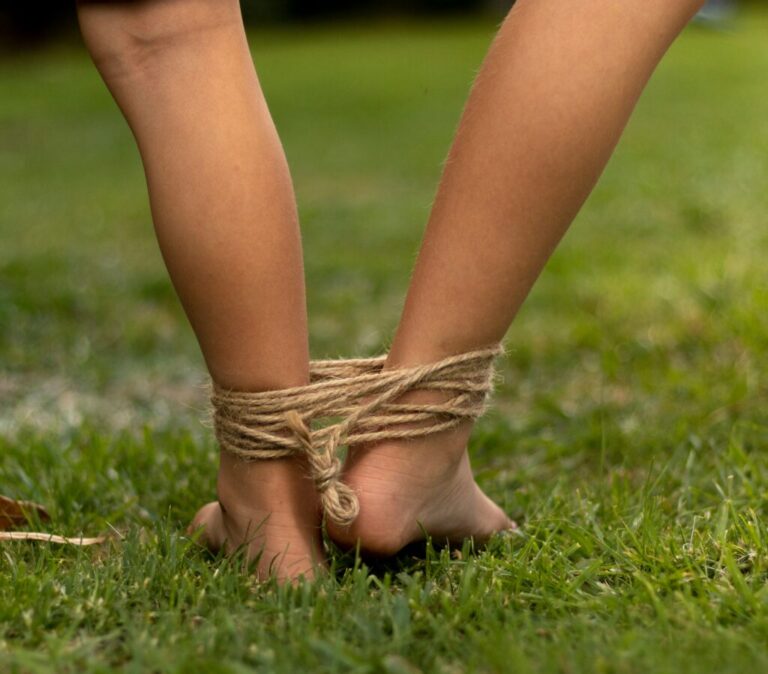Breakups are no joke. Just ask the neuroscientists. In the same way that addiction and withdrawal disrupt brain function, so too does the end of a relationship. Your brain registers that inevitable drop in oxytocin. And the pain isn’t limited to your head. When you split up with your partner, you physically feel it. Break ups mess with your appetite, your sleep, your energy levels, your concentration span. The brain does recover, and in time, so does the rest of us. But it can be a particularly tough slog if you’re also in the thick of recovery. Still, there are ways you can cope with the turmoil and stay sober. Here are some things to remember…
Don’t hide away
Fight the urge to be alone. Addicts never do well when they start to isolate themselves. I know it can feel embarrassing to no longer be in a relationship, especially when friends start asking questions. Of course, you don’t want people’s pity or prying eyes. You might also feel uneasy around mutual friends, but your good friends will want to help you. Remember, breakups happen all the time. Almost every other human on the planet will have experienced one at least once, so there is no need to feel so bad about it. You need to stay close to friends and family. They will take care of you and help you to safeguard your recovery.

Put pen to paper
This is a great opportunity to start a diary. People with substance abuse become experts at avoiding their feelings, so writing them down is a safe and private way to start opening up a little. You don’t need to write pages and pages. There are no rules attached. But have a go and commit to writing something each day. It’s the discipline of regularly writing something that is most important. It matters less what you’ve written, how much, how messy your handwriting is or how bad your spelling is. Just write something. There is so much research now that shows how impactful the practice of writing can be when it comes to healing trauma. If you don’t want to write a journal, write a story or a poem. Writing it out – in whatever form – will help you to take more control over the breakup. After all, the more specifically you can describe what’s happened and what you feel, the more you will be able to take control of the situation and, more importantly, your future.
Feel your feelings
Probably the most important thing to do after a breakup is to admit that you’ll feel sad, angry, hurt, or whatever else it is you feel. Acceptance is key here. When addicts try to avoid their more challenging emotions, they only get into even more trouble. Pushing those negative feelings away never works. It just makes them stronger and more persistent. It may sound counter-intuitive, but in moments like these, addicts should lean into their emotions and feel the full experience. You should also consider speaking to a professional. Few events are as likely to cause a relapse as a breakup. So, even if you feel you’ve got it under control and don’t need to talk to a therapist, it’s better to be safe than sorry, trust me.
Go to a meeting
If you’re struggling after a breakup, now would be a really good time to throw yourself into your recovery. Aim for daily meetings, in person is better than online. Share what you’re going through and let others in the group support you. There will be people there who have been through it too, so please don’t worry about others judging you. That’s not going to happen, even if it the breakup was ‘your fault’. Make sure you stay in contact with your recovery friends outside of meetings too. And if you don’t go to meetings or haven’t been in a while, start up again. You need to double-down on your recovery right now, not try to go it alone. As addicts, we can be unconsciously looking for a reason to drink or use. All those feelings (upset, guilt, shame) that go along with a breakup can be the perfect excuse to lapse. So, don’t give into temptation, lean into your recovery programme and soak up the wisdom of the sober people around you, who’ve been there and survived.
No wallowing
It’s only natural that you’ll find yourself replaying the past in your head, re-reading texts and emails. Of course, you need to make sense of what’s happened. That’s entirely healthy – to a point. But too much time spent reliving the past will only tip you into the realm of rumination and that is not a safe place for people in recovery to find themselves in. All too quickly thoughts can turn negative and will start to spiral. So, manage your behaviour and don’t put any pressure on yourself to do this in a particular way. Accept whatever is happening with your emotions and don’t do anything that is going to make you feel worse. Stop listening to sad music to make yourself cry. No more gazing at photographs of you and your ex. And definitely no stalking them on social media either. All of that is just going to drag out the pain and make you feel a whole heap worse.
Meditate
It might not be your bag, but the research shows that meditation shrinks the primal part of our brain, the bit responsible for our fear and stress response and at the same time it builds up the part of the brain that is responsible for higher order function. Put simply, meditation will help you to be more thoughtful and more emotionally stable. Who doesn’t need that right after a breakup? So, even if you’ve never done this before or you’re highly sceptical, give it a try. There’s no right or wrong way to meditate, but as most addicts have noisy busy minds, you should start with the basics. Try sitting in silence for three minutes and just concentrate on your breathing. Breathe in for four seconds and breathe out for four seconds. The steady equal breathing pattern will calm your nervous system. If you find yourself caught up in thoughts while you’re doing this, don’t give up. Just pause, don’t react. Instead let the thoughts come and go and in time, the meditation will feel easier and more instinctive, and your thinking will start to shift.
Stick to your routine
The person you are after a breakup will be very different from who you were in the relationship. The end of that relationship will have changed you and you should acknowledge that. Change, even change for the good, can be unsettling. So, just with any other period of life that is unsettling, this is the time to remember the serenity prayer and focus on the things you can control. Find stability wherever you can. Don’t suddenly shake up your entire life. By all means, introduce new elements into your routine, but these shouldn’t be done to distract us or overcompensate us. Try to keep the same routine as much as possible. Go to bed and get up at your usual time. Eat the same meals. A commitment to routine will help you return to yourself and from there, you can really start to grow.
If your relationship is in trouble, or it\’s threatening your recovery, reach out and book an appointment with me at anna@kingsleycounselling.com


